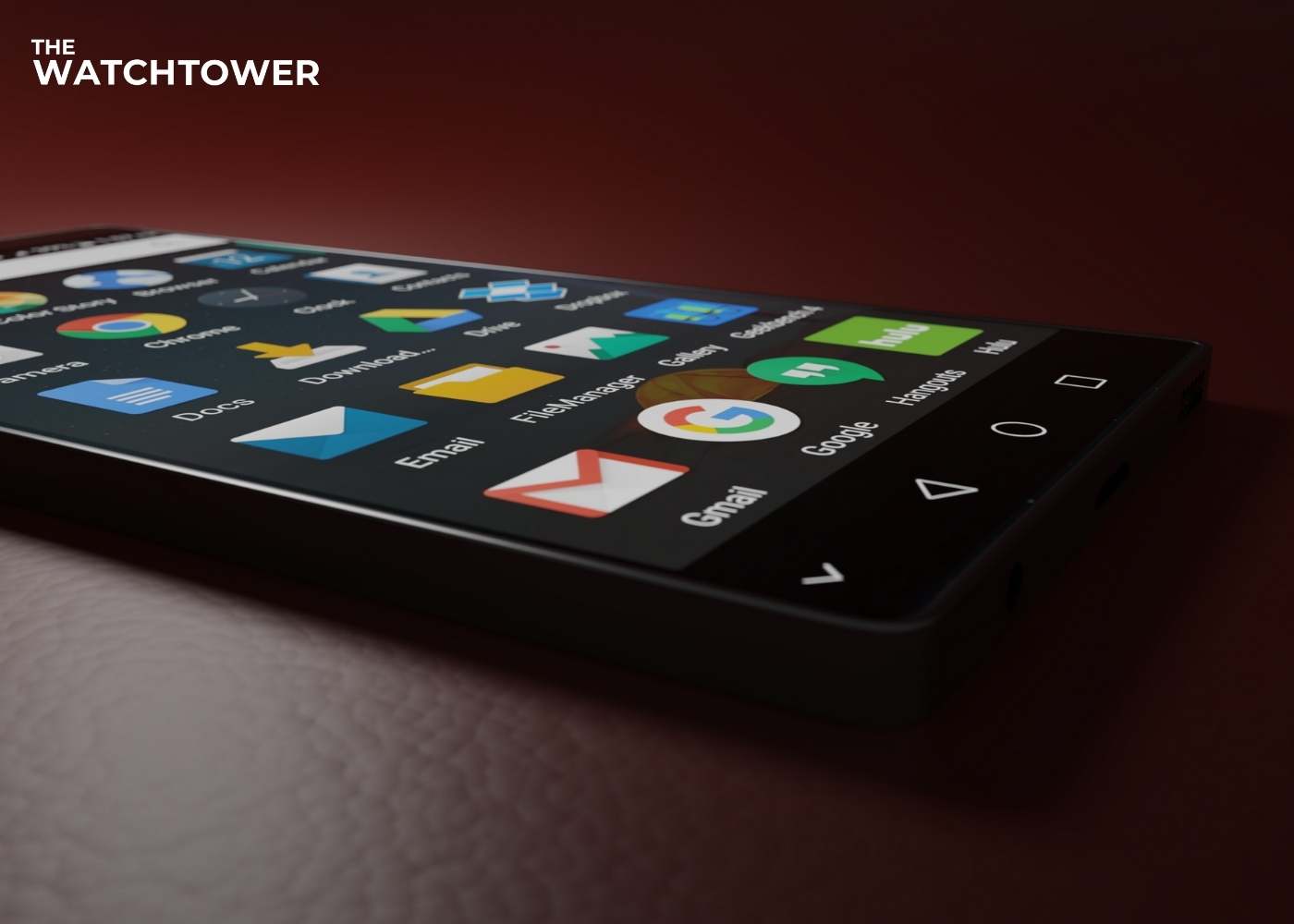
Just like every business would seek a broad knowledge on the field of interest before pursuance, a prospective business owner must ensure due diligence to research and most importantly seek caution by mitigating possible risk.
The Mobile Application [Mobile App] Development is one amongst many beautiful edges in technology the new world order paths to financial bliss.
While the world merry at this great innovation to simplify the conventional mode of doing things [purchase of goods or services] and a sudden direction to a Mobile App development, it is pertinent to also note that a portion out of many created Mobile Apps fail after launch... if they even get to the launch stage.
Oh! Don’t get scared!
I have saved you some pointers to help draw the line and more importantly better evaluate your design.
Wrong Theories/ Due Diligence.
It's normal to believe that everything is one-of-a-kind and innovative when it comes to coming up with a concept in the first place. However, while such thought is common, it is ineffective.
“Most people are sure their app ideas are outstanding. Most people are wrong.”
It's safe to believe that your app would be well-liked by consumers, but here’s what I meant:
- Have you done a market research?
- Have you considered rival apps?
- What is your target market?
- What if you put your concept to the test with your intended audience, would they pay?
No Monetization Plan.
Many App developers never make it through the first hurdle. Even if you do all right in terms of design, production, and marketing, you still need a monetization strategy. Although you are not, however, restricted to using just one monetization form. You could have as many monetization models as your development budget allows, but keep in mind that each one can necessitate the creation of a separate module within your app.
Examples are:
In-App Advertising
To be lucrative requires a large and loyal user base.
In-App Store
For sales of digital and physical merchandise.
The Subscription Model
This is a monthly payment system that is ideally suited for news and service-related applications. Consider hybrid and tier-subscription models of online games once more.
Premium app purchases
No ads or freemium unlocks are included.
Freemium model:
Pay for feature unlocks, in-app money, and other mechanisms in this model, similar to how F2P game's function. This strategy implies that the bulk of your sales will come from a limited percentage of your customers.
Creative Alternatives
This can vary depending on the app and target market, but they could include everything from monetizing user surveys to seeking corporate sponsorships, operating auctions, or something niche-specific, such as royalties and royalty shares in music.
Newsletter promotions
By requiring user emails during registration, you not only give yourself the option of sending out periodic newsletters to promote your company, but you also open the door to other cross-promotional opportunities and referral commissions.
Zero Perseverance
Without a viable app concept, a well-planned marketing campaign, and a tried-and-true app monetization strategy, you won't be able to succeed with your app. Despite this, many ‘victims' of mobile app failures succumb to a lack of persistence in iterating and tweaking the app.
The truth is, every app can be enhanced to make it well worth the effort in the end; however, gathering data, changing the design and marketing plan, and introducing new features requires enough perseverance.
Simply put, you can either attempt to resolve mobile app problems, abandon the app, or run further tests to determine how to improve downloads. Basically, you want to put your ideas to the test.
- Images and icons (these are the first things your customers see). Constantly tweak and iterate);
- To make your app more searchable in its category, change the keywords in the app.
- App reviews (ensure you get good reviews and address any bad ones). Users who leave feedback should be rewarded for their efforts.
Research had shown that Mobile Apps that failed had a few (or all) of the following characteristics: their approach was not well-planned, the functionality and interface had bugs, and the marketing was poor. One of the reasons why mobile apps struggle to succeed, despite having a brilliant idea behind them, is that they don't work on their mistakes.
Let me conclude with these, the success of your Mobile app is determined by a variety of variables, including competition, marketing budgets, and perhaps, pure luck. However, bad research and process execution are two other common explanations why mobile apps struggle to launch. Business and consumer analysis, platform-specific best practices, and rigorous quality assurance monitoring can make the difference between the success and failure.




















Comments (0)
Write a Comment